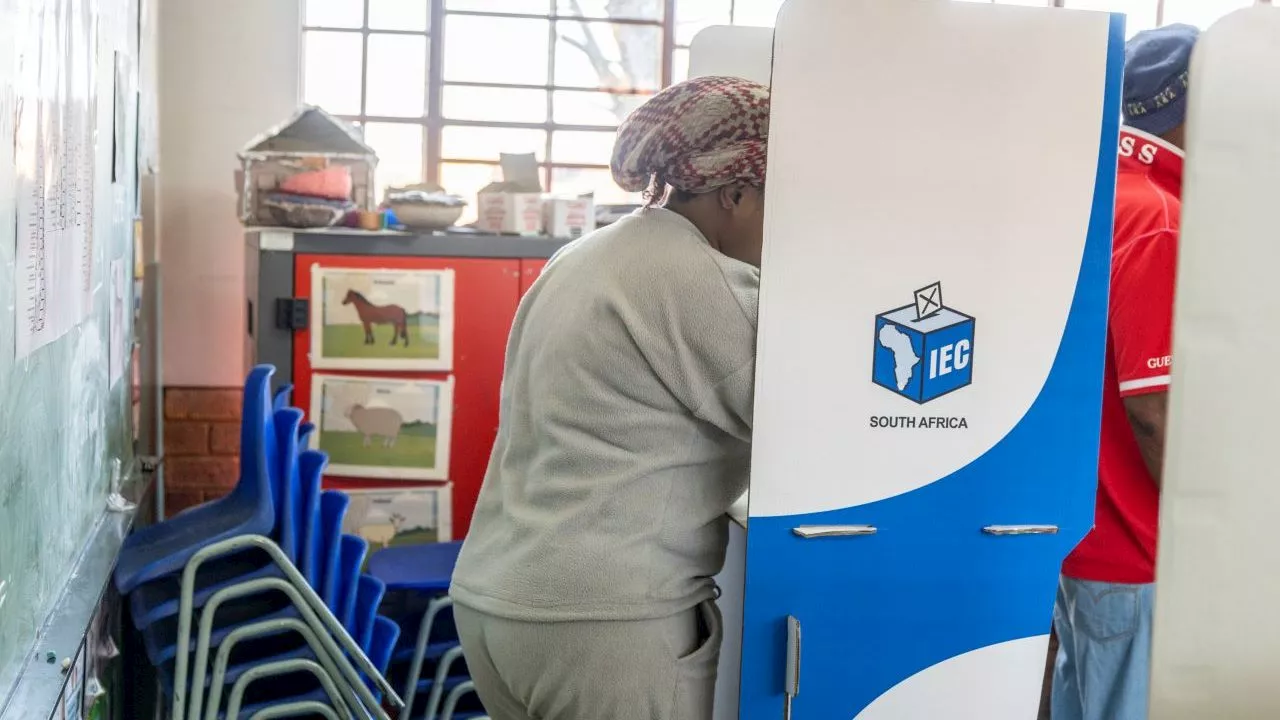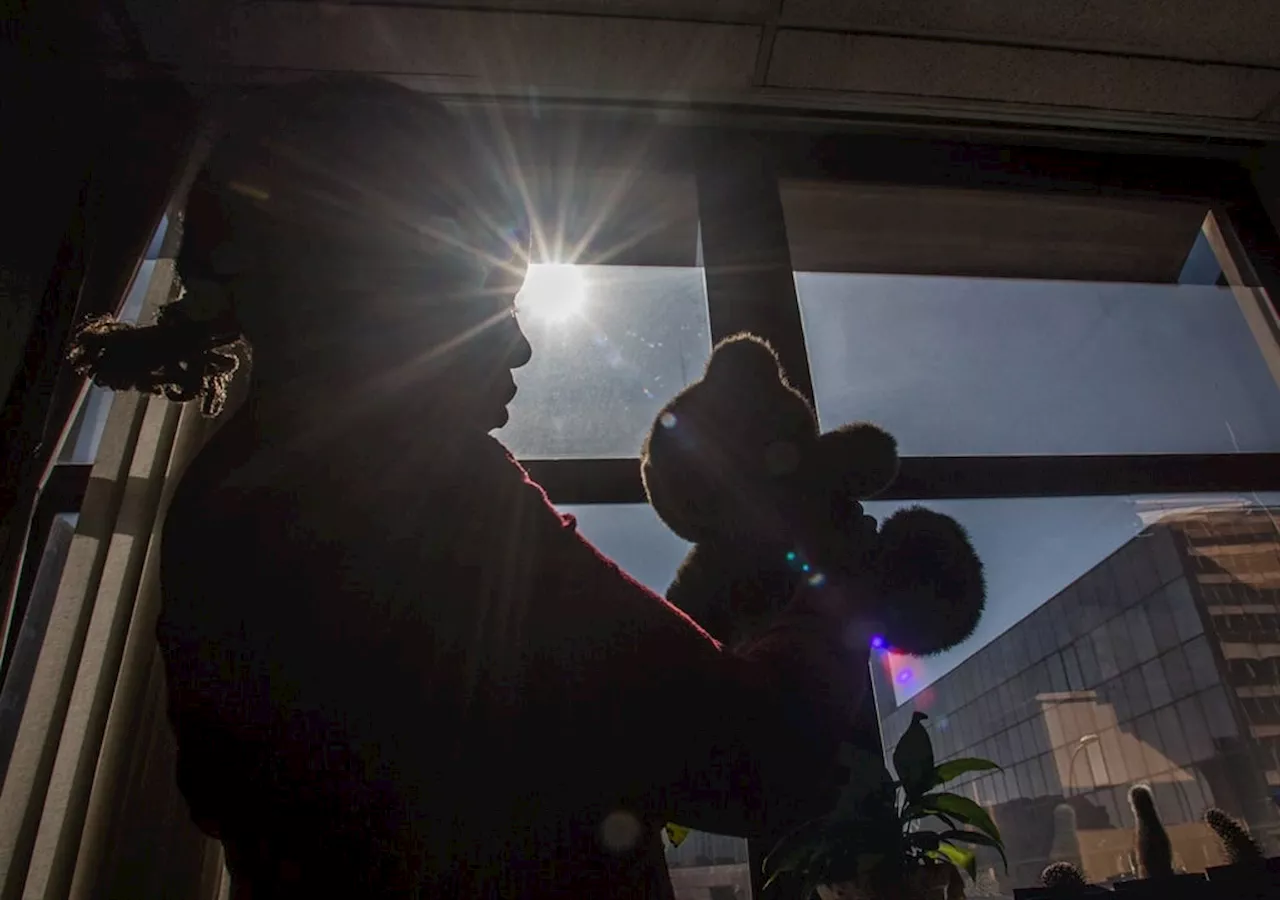Given the constant increase in global plastic production since the 1950s, researchers predicted that plastic accumulation in petrels (seabirds) would rise over time.
Efforts to limit waste plastic entering the environment have been at least partly successful. Picture: PexelsA new study by researchers at the University of Cape Town’s FitzPatrick Institute of African Ornithology reveals that the amount of
Given the constant increase in global plastic production since the 1950s, researchers predicted that plastic accumulation in petrels would rise over time. Perold made use of samples collected since 1987 by Emeritus Professor Peter Ryan who conducted research into the matter. He said that when the study began, dumping plastics at sea was still permitted, and lax regulations on plastic converters resulted in a large quantity of industrial pellets into the sea.
Pollution Animals Global Warming Climate Change Science Stem
South Africa Latest News, South Africa Headlines
Similar News:You can also read news stories similar to this one that we have collected from other news sources.
 UCT's Prof Moshabela calls on W Cape universities to work together - SABC NewsHe says such a move would help to effectively tackle society's socio-economic challenges.
UCT's Prof Moshabela calls on W Cape universities to work together - SABC NewsHe says such a move would help to effectively tackle society's socio-economic challenges.
Read more »
 'Irrational and unlawful': Professor takes UCT to court over anti-Israel resolutions'Irrational and unlawful': Professor takes UCT to court over anti-Israel resolutions
'Irrational and unlawful': Professor takes UCT to court over anti-Israel resolutions'Irrational and unlawful': Professor takes UCT to court over anti-Israel resolutions
Read more »
Dalinda is Opera UCT’s bold departure from traditional period costume designWith ‘Dalinda’ being fully staged for the first time, it offers a rare opportunity for creative costume design.
Read more »
 UCT law students launch tool to simplify SA’s political landscapeMustapha says SoWeVote started small and organically. ‘We didn’t know it was going to be an organisation on the scale that it’s on right now, but we did start by speaking to people in our communities and schools, asking probing elections questions around voting and registration.
UCT law students launch tool to simplify SA’s political landscapeMustapha says SoWeVote started small and organically. ‘We didn’t know it was going to be an organisation on the scale that it’s on right now, but we did start by speaking to people in our communities and schools, asking probing elections questions around voting and registration.
Read more »
 Almost 120 000 girls, aged between 15 and 19, have given birth in just 12 monthsAlmost 120 000 girls, aged between 15 and 19, have given birth in just 12 months - health department
Almost 120 000 girls, aged between 15 and 19, have given birth in just 12 monthsAlmost 120 000 girls, aged between 15 and 19, have given birth in just 12 months - health department
Read more »
 ‘I was only given R300 to buy groceries’‘I was only given R300 to buy groceries’
‘I was only given R300 to buy groceries’‘I was only given R300 to buy groceries’
Read more »